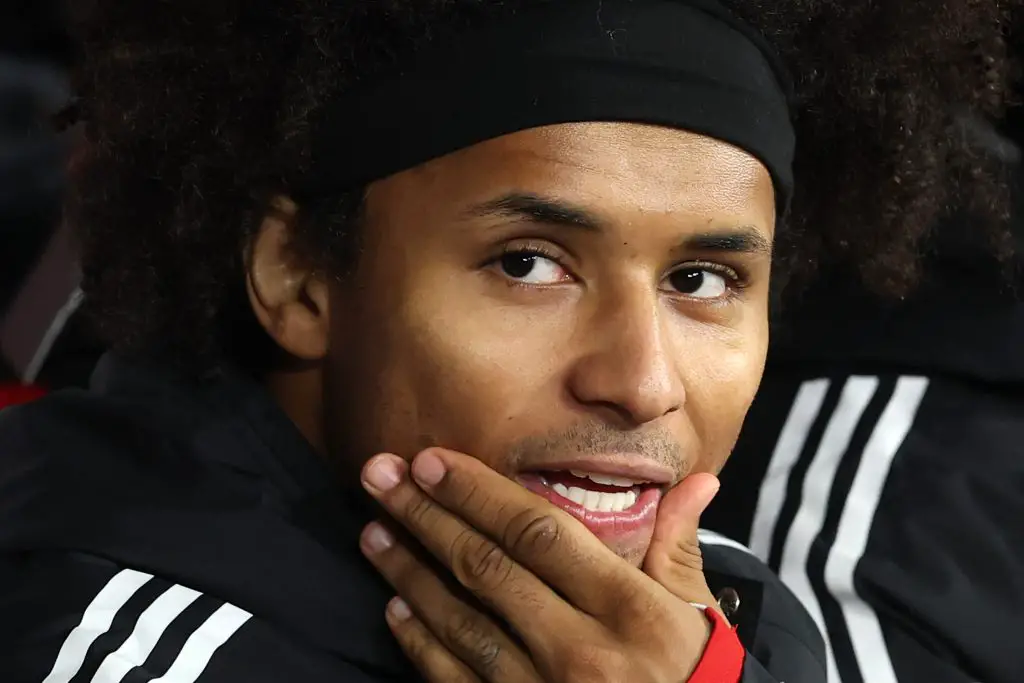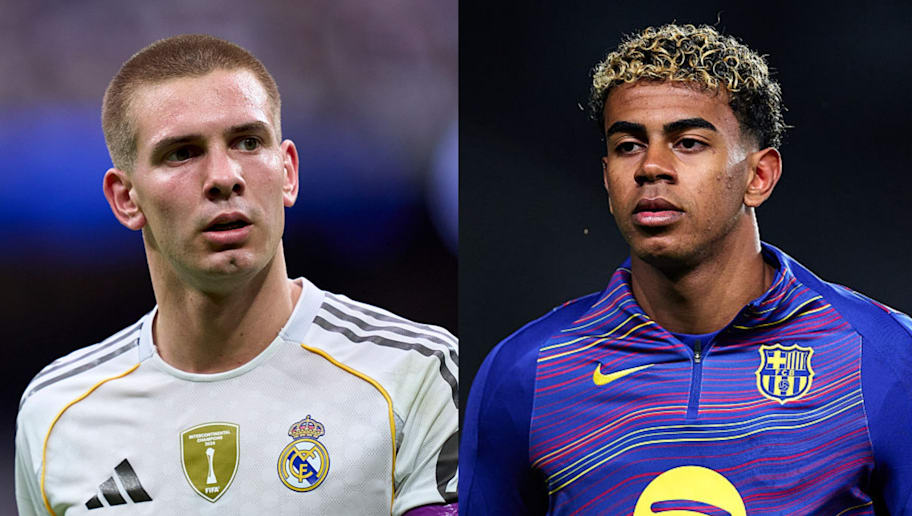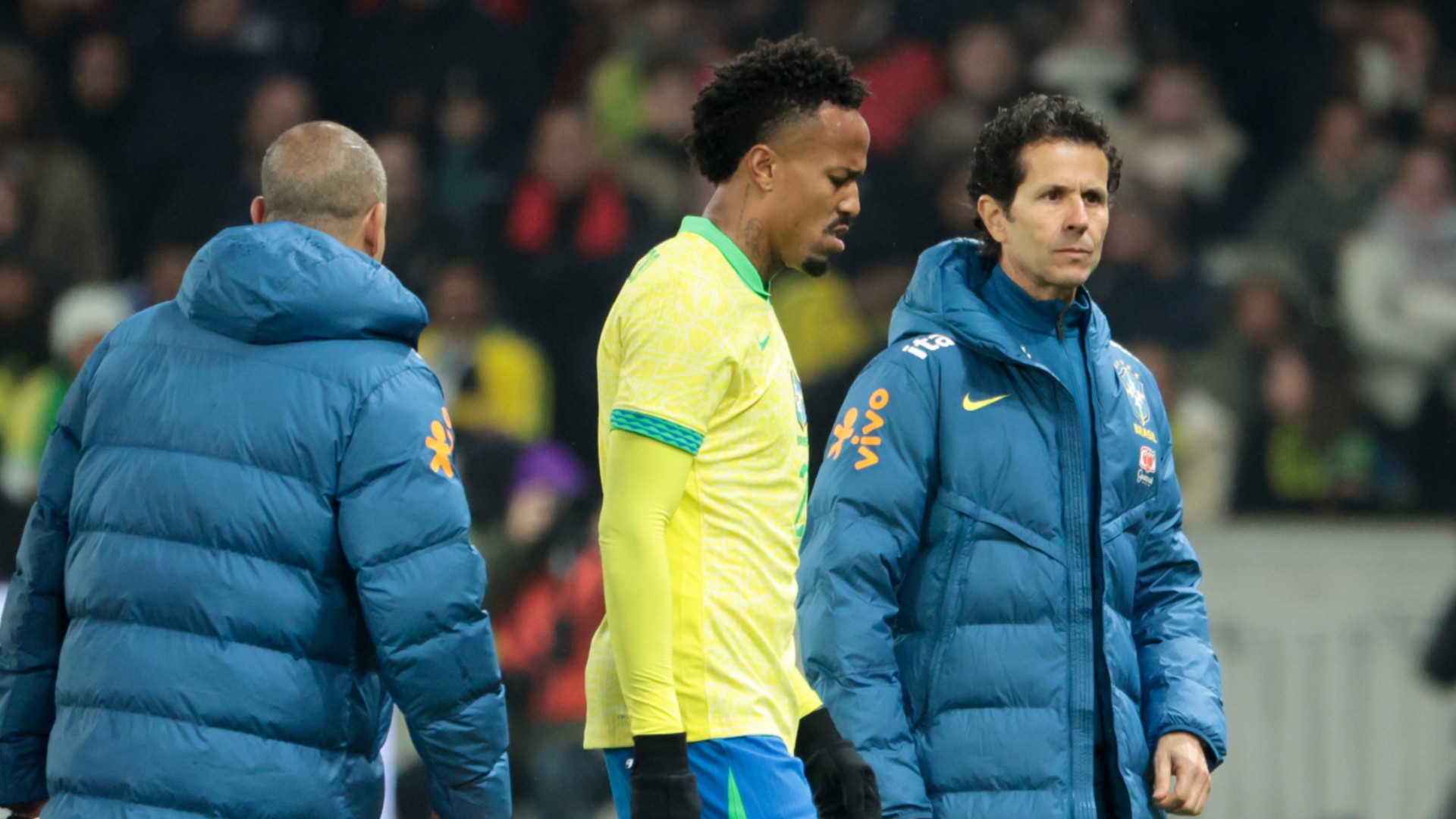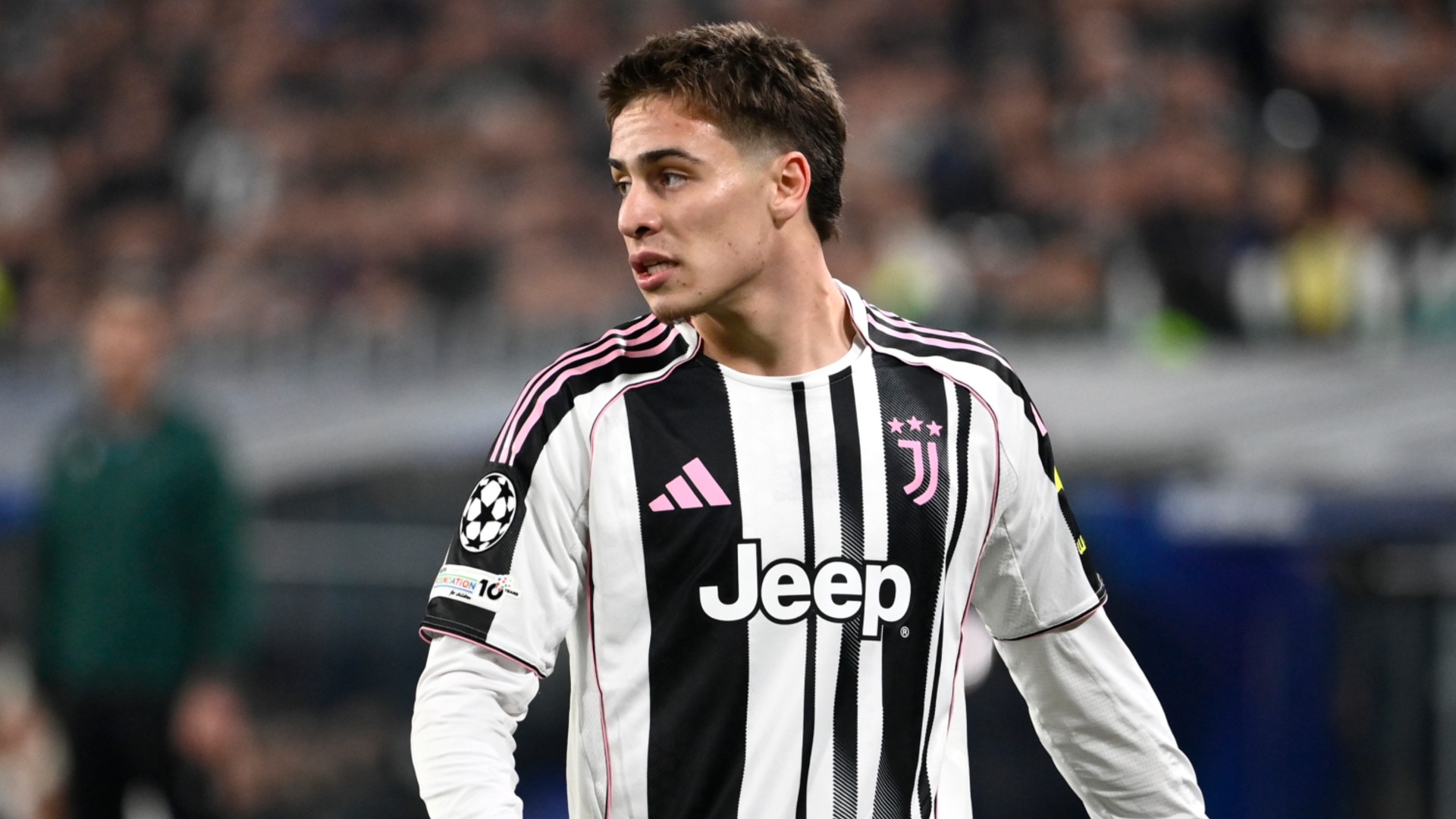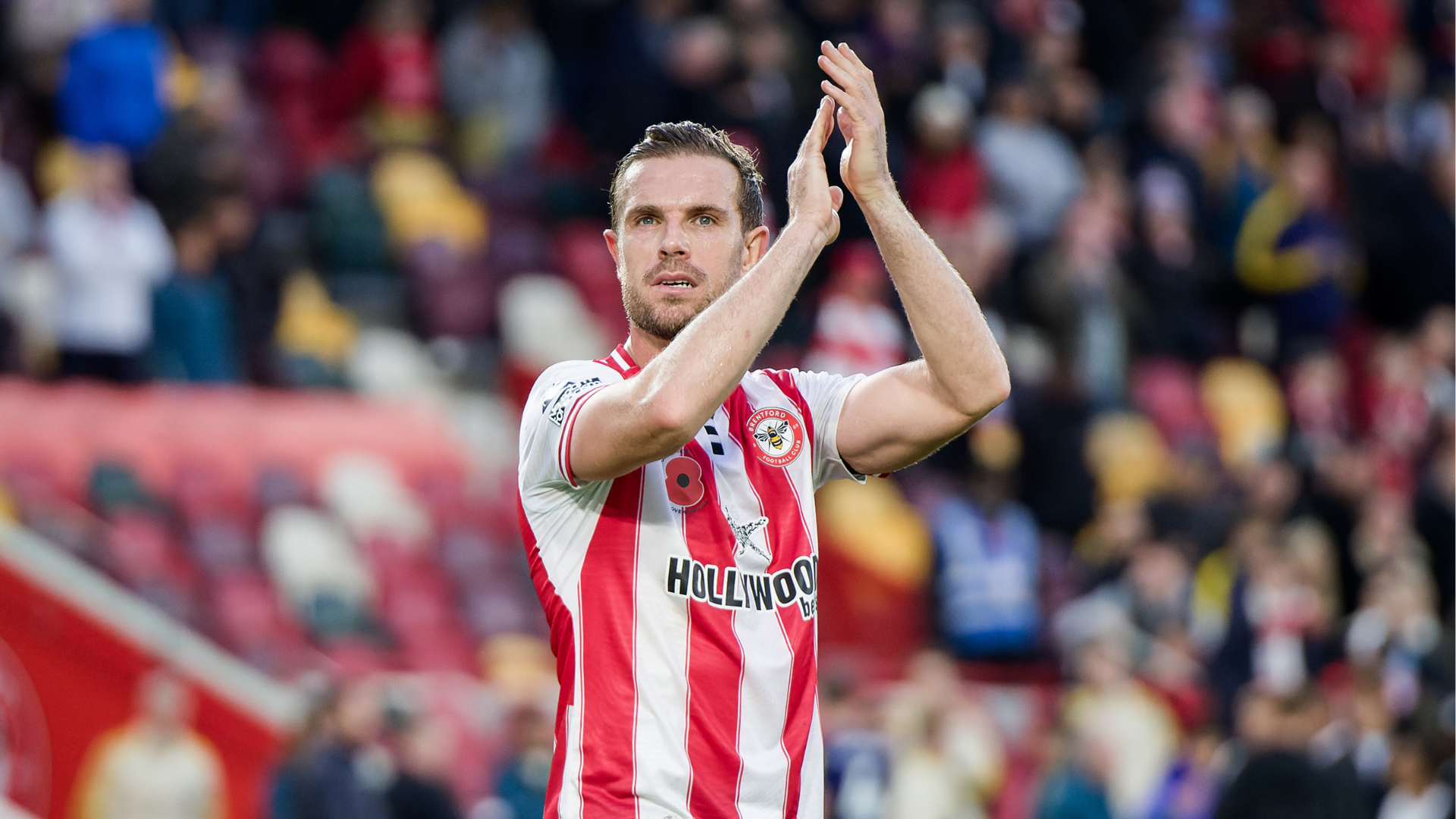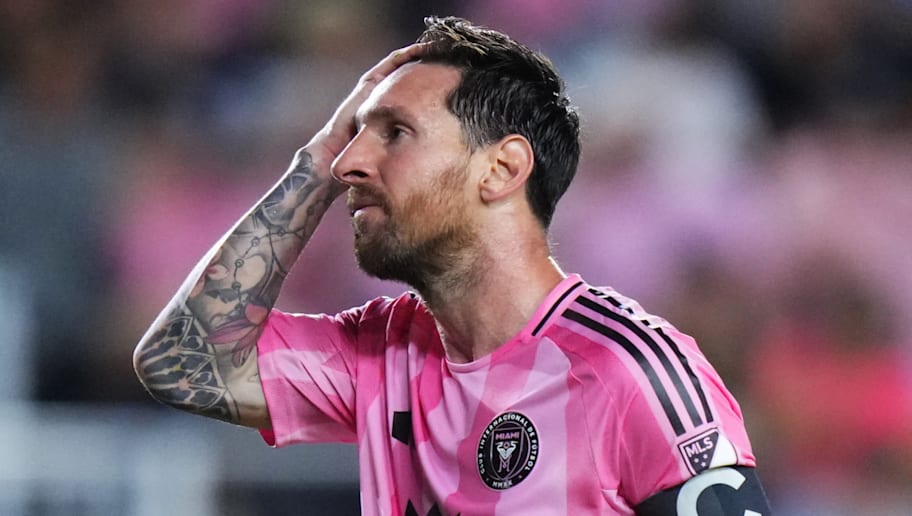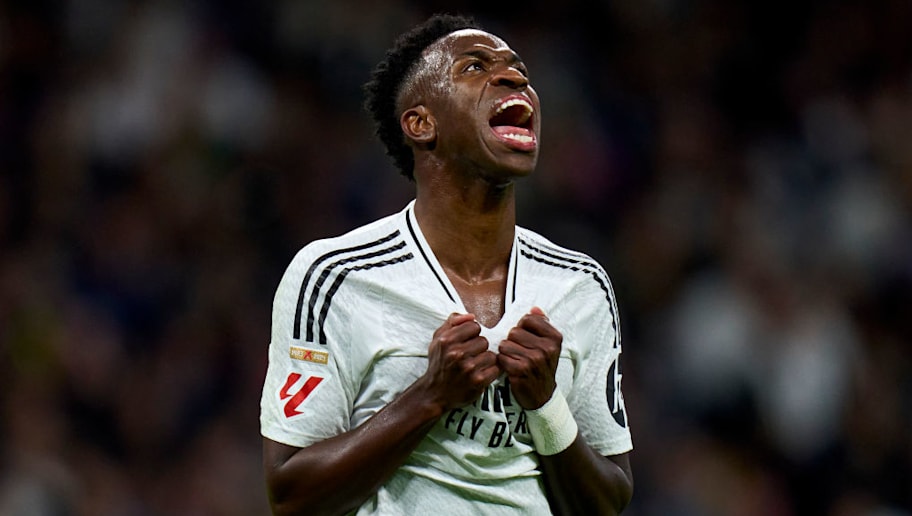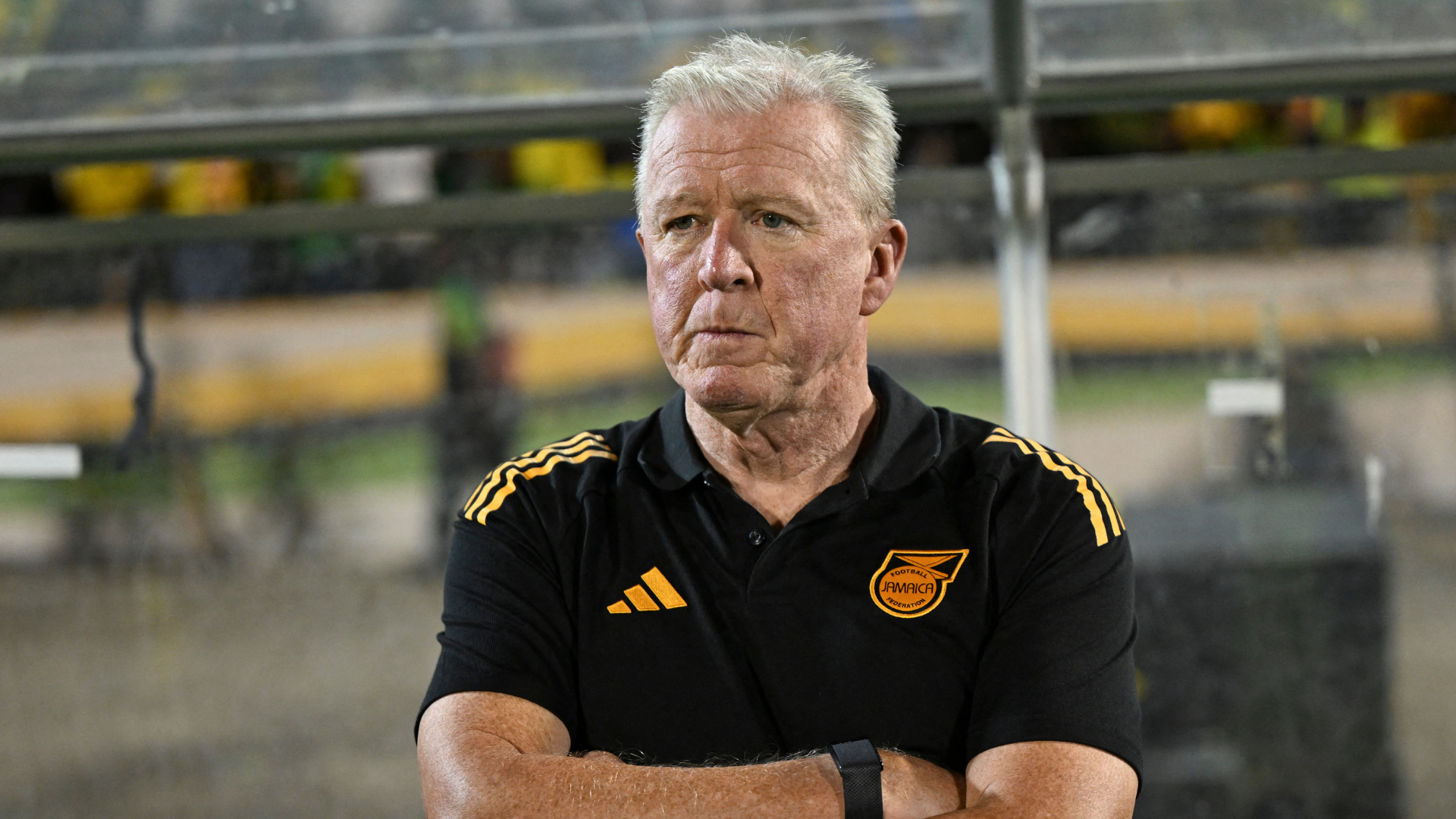Dortmund v Bayern: Gotze's quiet Klassiker exit at odds with glory years
When Mario Gotze did not play as Dortmund faced Bayern in 2013, it was global news. If he doesn't start on Tuesday, it will hardly register.
Bayern Munich were taking on Borussia Dortmund in an all-Bundesliga Champions League final at Wembley after respectively dispatching Barcelona and Real Madrid.
And yet, much of the pre-match attention and soap opera in 2013 concerned a player who would not play, with some dark murmurings even questioning how fully his battle for fitness had been fought.
"The final was my big goal and in the past weeks I have battled hard for it," said Mario Gotze, Dortmund's sparkling 20-year-old forward. "I am unbelievably sorry that I will not be able to help the team in this important match."
The sincerity of that apology was questioned because, on the eve of the semi-final against Madrid, it emerged the jewel in Jurgen Klopp's BVB and German football's great hope would join Bayern after having his €37million release clause triggered.
"We don't know why the people who have leaked this have done so at such a delicate time. We can only speculate but we are all making the same suppositions," Klopp said in a barely-veiled swipe at Bayern.
After hammering Madrid 4-1 in the first leg – Robert Lewandowski scoring all four – Dortmund were hit by Gotze pulling his hamstring during the early stages of the return at the Santiago Bernabeu. It proved to be the last game of his first spell at the club and he looked on as his team-mates lost 2-1 to his colleagues of the near future.
Seven years on, Gotze is back at Dortmund having tasted the highest high football can offer and endured wretched lows. Again, an announcement has been made regarding an exit from Signal Iduna Park and he is unlikely to play against Bayern on Tuesday. Only this time, those twin factors bring shrugs rather than shrieks.
DORTMUND'S GOLDEN CHILD
Gotze was not the first player to cross the Klassiker divide and Robert Lewandowski and Mats Hummels would soon follow his lead.
But this defection cut deep because 'Super Mario' was one of their own – a youth product who arrived as an eight-year-old and progressed to give Klopp's gegenpressing machine an irresistible x-factor.
He also seemed to revel in tormenting Bayern.
Gotze claimed two assists as Dortmund won 3-1 at the Allianz Arena in 2011, their first away victory in the fixture for 20 years.
That result extinguished any remaining doubt that Klopp's men were on course for the title. The following season, Bayern opened up an early five-point lead, only for Gotze to score the only goal in the corresponding fixture and ignite a successful Bundesliga defence.
Jupp Heynckes' treble-bound stars emphatically reasserted themselves in 2012-13, although Gotze crashed home an equaliser to secure a 1-1 draw at the Allianz.
These repeated successes on enemy territory underlined what a crushing blow his loss was for Dortmund. However, for Gotze – a player dubbed the 'German Messi' who was ready to team up with Messi's mentor – it was impossible to see any downside.
ON TOP OF THE WORLD
On his return to Signal Iduna Park in November 2013, Gotze came off the bench to a furious barracking with the Klassiker locked at 0-0.
A swipe of his right boot opened the scoring, with all other Bayern players deliriously mobbing the non-celebrating man of the moment. Late strikes from Arjen Robben and Thomas Muller closed out a 3-0 victory and Pep Guardiola's side did not look back on a procession to the Bundesliga title.
That goal under such white-hot scrutiny would have been the highlight of any normal season.
But on July 13, 2014 at the Maracana, Gotze coolly chested down Andre Schurrle's cross and diverted a left-footed volley past Sergio Romero to give Germany a 1-0 win over Argentina in the World Cup final.
Messi and others were reduced to tears on the turf and Gotze was the toast of world football, partying with Rhianna in Rio.
His was a career heading for the stars, although a closer examination of life in Munich pointed towards the problems to come.
STRUGGLES UNDER PEP
Gotze's depiction as a Bayern flop is unfair if you look purely at the individual numbers he returned and three successive Bundesliga medals he pocketed.
An injury-ruined final season in Bavaria in 2015-16 preceded a cut-price return to Dortmund and did much to fuel that perception. Ultimately, the boundless promise of his early years means Gotze being merely good felt like failure.
The goal to break Dortmund hearts was one of 10 in 27 Bundesliga appearances in 2013-14, with 20 of those starts. Nine in 32 followed before he was restricted to 11 league starts in his and Guardiola's final season at the Allianz Arena.
"Technically, [Guardiola] was a tremendous asset," Gotze told DAZN in 2018, in an interview where he described Klopp as his "footballing father".
"But he is very focused on the game and doesn't think about players outside of his plan. He didn't have much empathy, and empathy is part of being a world-class coach."
Despite hard work on the part of both men, the marriage of superstar coach and star signing never truly clicked. The prospect of Gotze becoming Bayern's Messi in the false nine role vanished when Lewandowski arrived to provide his more traditional and prolific take on centre-forward duties.
There was another Klassiker goal in a 5-1 thumping of Dortmund in 2015 but, tellingly, Gotze did not start any of the six Champions League semi-final matches that came to define Guardiola's Bayern reign. In each leg of the 2016 aggregate loss to Atletico Madrid, he was an unused substitute.
Dortmund welcomed back their prodigal son with open arms, although the injury problems that dogged him at Bayern would not go away.
INJURY, ILLNESS AND FALSE DAWNS
The last of Gotze's 16 appearances in 2016-17 came in January. A month later he was withdrawn from training indefinitely due to a metabolic disorder.
It explained his persistent injuries and struggles with weight gain, making fools of those suspecting foul play at Wembley back in 2013. With the problem identified, there was optimism over rehabilitation and redemption.
Only, when Gotze returned, he did so to a Dortmund team in disarray.
The trauma of the nail bomb attack on their team bus before a Champions League quarter-final showdown with Monaco in 2017 preceded Thomas Tuchel's messy exit as head coach.
Peter Bosz followed as form collapsed midway through 2017-18 and Gotze endured an uneasy relationship with interim boss Peter Stoger.
"We took issue with Mario because he didn't do any of the things he was told to do," the coach said after substituting the forward at half-time as Dortmund crashed out of the Europa League.
Lucien Favre succeeded Stoger and has overseen a rejuvenation that places Dortmund, once more, with a shot at ending Bayern's supremacy heading into Tuesday's Klassiker.
But this is a team fired by the youthful brilliance of Achraf Hakimi, Jadon Sancho and Erling Haaland. A team that looks like the future Gotze once was. A team he last started for in December and who he will leave on a free transfer at the end of this season.
"Right now, we are playing in 3-4-3 formation. So, I have been talking to Mario Gotze, and unfortunately, this is not the right system for him," Favre said before he duly served as an unused substitute during Saturday's 2-0 win at Wolfsburg.
The explanation does not really stand up to scrutiny when considering Julian Brandt's dazzling playmaking display in the recent 4-0 demolition of Schalke, nominally on the right of a front three but wreaking havoc all over the place through intelligent movement and silky touches.
At his best, Gotze could do likewise to the sturdiest defences. But he is a long way from those heights, or the fearless youngster who dribbled with pace and menace. Joachim Low has bemoaned the passing of that version and of a player he has capped once since 2016.
Therein lies the sadness in Gotze's forlorn exit from Der Klassiker, a fixture he once threatened to dominate. He seemingly had it all and at 27, soon to be without a club, you ruefully wonder how much he has left.
